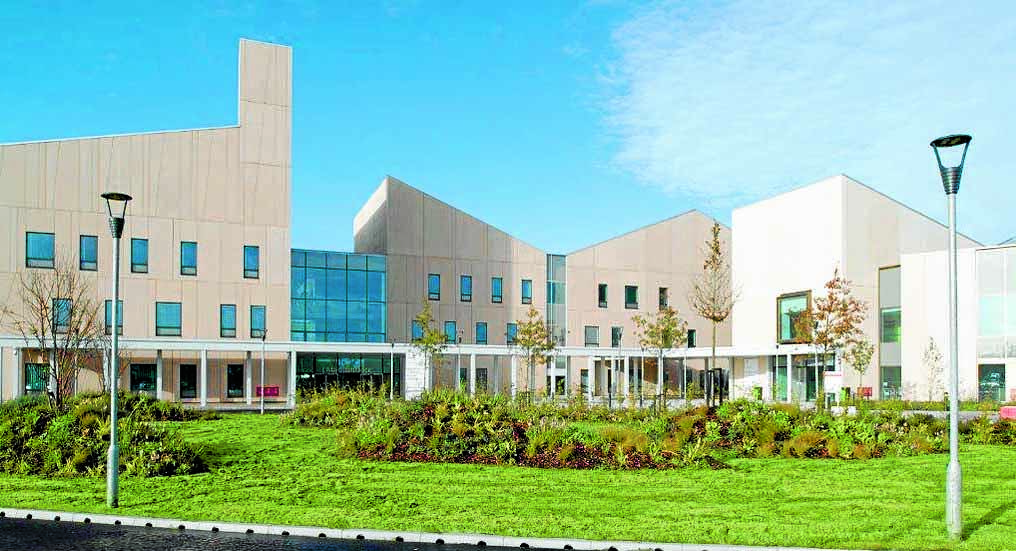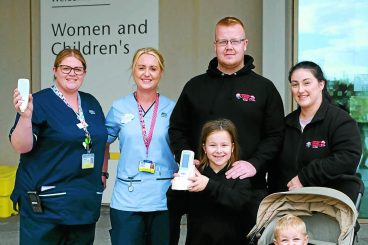Dumfries and Galloway NHS board members met on Monday to discuss their tactical priorities for 2021.
Chief executive Jeff Ace said: “The Covid 19 pandemic dramatically altered our service model in 2020/21 and has created a backlog of demand for services.
“The pandemic has also had a profound effect on our communities and on the drivers of their health and wellbeing.
“It is important to recognise that our ambition should not simply be to remobilise the service models that existed prior to the pandemic. Instead it should be to create a model that sustainably meets the new needs of our population.”
He stressed the importance of being ‘mindful’ of the already stretched workforce, adding: “Our priorities should explicitly include objectives targeted at improving their working lives and learning from some of the innovative ways of working introduced during the pandemic.
“The challenge for 2021/22 is to manage our recovery from the pandemic and to support our teams in delivering services that address the new harms and risks that have emerged both as a direct result of the disease, and as a consequence of societal disruption.”
Delivering the full covid vaccination to all the area’s adults before autumn is highlighted as a key priority for the health board, as well as planning for a booster and annual vaccine programme.
Mr Ace added: “Covid 19 will remain a substantial risk to our population. It will be important to maintain on a sustainable basis our test, trace and protect capacity.”
Supporting NHS staff and their wellbeing will also be important, along with a push on recruitment to fill various vacancies, including previously hard to attract posts.
Getting non covid procedures back up and running will be tackled, although Mr Ace warned that waiting times will pose problems.
He said: “This is going to be enormously difficult; our baseline elective capacity can barely keep pace with ongoing demand, so to also make inroads into accumulated demand will require a very high degree of innovation and redesign.”
Finally, it is recognised there will be a need for more services to address the impact and harms of the pandemic.
“The pandemic and the societal lockdowns that have been required to contain it have disrupted normal life to the extent that subsidiary harms have been created. It is beginning to be clear that adult mental health services, drug and alcohol services, and child and adolescent mental health services in particular will face new and increased demand for their services,” said Mr Ace. “It is possible that adult and child protection services will also be further stretched. Finally, it is possible that we will need to manage the impact of a new chronic condition, long covid.”
The chief executive concluded: “These are unusually difficult times for health and care services and the priorities outlined above represent large programmes of complex change management.
“It is important to note that the priorities represent a very challenging workload for a system stretched to an unprecedented degree by the pandemic impacts.”














